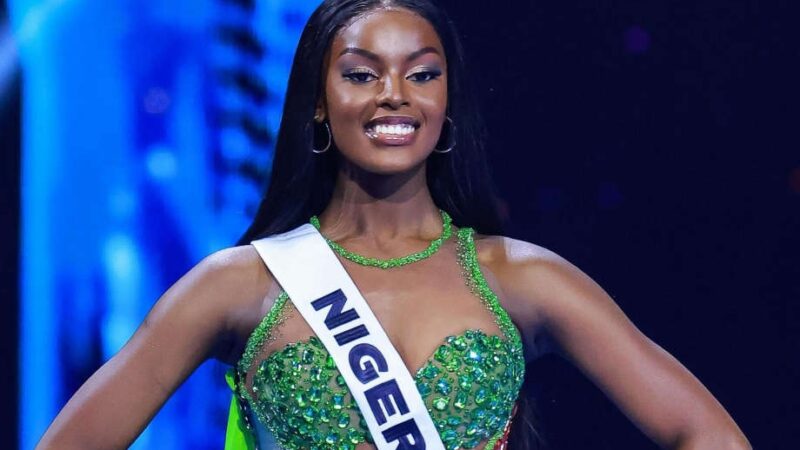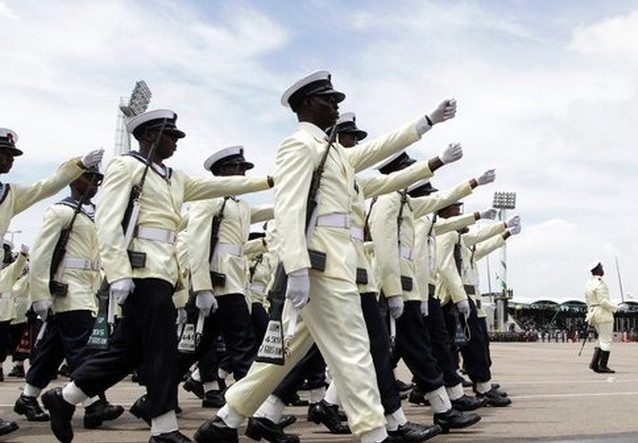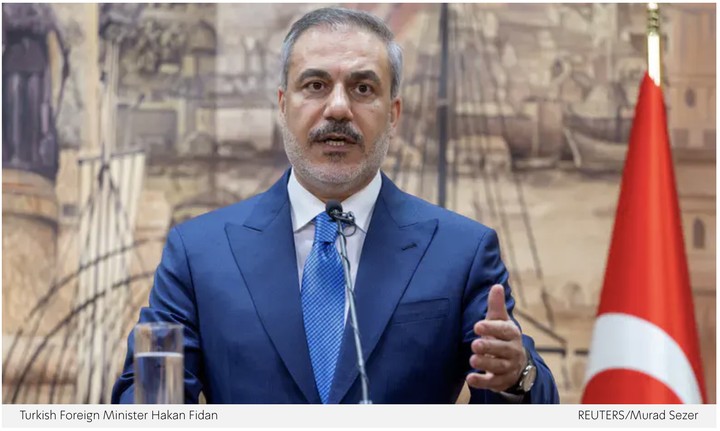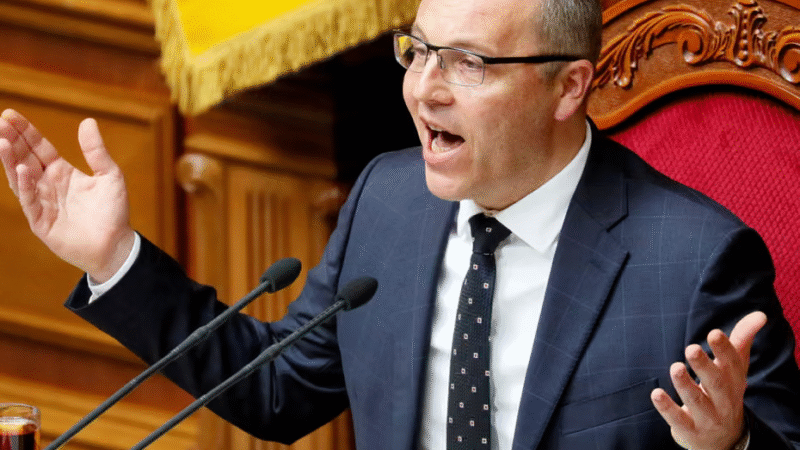10 Nigerian Athletes With Dual Nationality
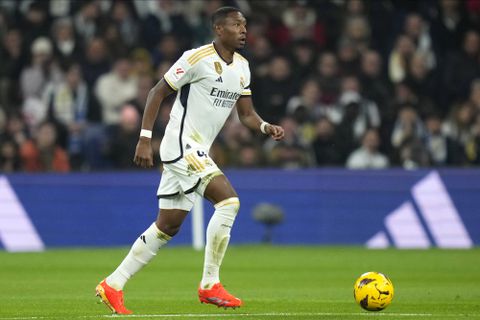
Nigeria has one of the biggest talent pools in world sport, and many athletes with Nigerian roots have grown up abroad, often holding dual nationality. Here are 10 of such athletes.
These players are born in the UK, USA, Canada, or Europe, yet proudly carry Nigerian heritage with them.
Some have chosen to represent Nigeria at international level, while others play for their adopted countries but remain connected to their Nigerian roots.
This list looks at ten of the most famous Nigerian athletes with dual nationality, highlighting their careers, choices, and the impact of their heritage.
1. Bukayo Saka (Nigeria & England)
Saka is one of the most famous names on this list. Born in London to Nigerian parents, Saka could have played for the Super Eagles but chose England, where he is now a key player for Arsenal and the national team.
His rise has been phenomenal, from Arsenal academy to becoming one of the best wingers in Europe.
Nigeria made a strong attempt to convince him to switch allegiance, but Saka’s decision to represent England does not change the fact that his Nigerian roots play a big role in his story.
2. David Alaba (Nigeria & Austria)
The Real Madrid star is another huge name with Nigerian blood. Alaba was born in Vienna to a Nigerian father and a Filipino mother. While he has always represented Austria internationally, Alaba proudly embraces his Nigerian background.
He is one of the most decorated players of African descent in European football, with Champions League, Bundesliga, and La Liga titles. His success inspires many young Nigerian kids in the diaspora.
3. Anthony Joshua (Nigeria & Britain)
Joshua is arguably the most famous Nigerian-British athlete. Born in Watford to Nigerian parents, Joshua has often spoken about his connection to Nigeria. He even represented Nigeria at the Commonwealth Games as an amateur before switching back to Britain.
As a professional, AJ became a two-time heavyweight world champion and one of the biggest box-office draws in boxing history.
He holds both British and Nigerian passports, and has paid several state visits to Nigeria for the first time since he became famous, reinforcing his strong ties to the country.
4. Alex Iwobi (Nigeria & England)
Unlike some others on this list, Iwobi chose Nigeria over England. Born in Lagos but raised in London, Iwobi represented England at youth levels but later committed to the Super Eagles.
Iwobi’s decision was a big win for Nigeria, and he has since been a key figure for the national team, playing in the Africa Cup of Nations and the World Cup.
He also enjoyed spells at Arsenal, Everton, and Fulham, and his dual background shaped his career.
5. Eniola Aluko (Nigeria & England)
Eniola Aluko is one of the most respected female footballers with Nigerian heritage. Born in Lagos, she moved to Birmingham as a child and grew up in England. She represented the Lionesses at international level, becoming one of the most capped players in England women’s football.
Even though she did not play for the Super Falcons while her brother Sone did, her achievements highlight the global impact of Nigerian talent in women’s football. Aluko is now a sports director and media pundit, continuing to influence the game.
6. Giannis Antetokounmpo (Nigeria & Greece)
The NBA superstar is one of the biggest ambassadors of Nigerian talent worldwide. Giannis was born in Athens to Nigerian parents, and although he represents Greece in basketball, his roots are proudly Nigerian.
Known as the “Greek Freak,” Giannis is a two-time NBA MVP and an NBA champion with the Milwaukee Bucks. He has spoken openly about his parents’ Nigerian upbringing, and he often mixes Yoruba and Igbo culture into his family life.
7. Dele Alli (Nigeria & England)
Dele was once one of England’s brightest midfield talents. Born in Milton Keynes to a Nigerian father and English mother, Alli grew up in England but always remained aware of his Nigerian roots.
Although he represented England, Nigeria also approached him to play for the Super Eagles. While his form has declined in recent years, Alli’s Nigerian heritage is a key part of his identity, and many fans in Nigeria still follow his career.
8. Kamaru Usman (Nigeria & USA)
Known as the “Nigerian Nightmare,” Kamaru Usman is one of the most dominant fighters in UFC history. Born in Auchi, Nigeria, he moved to the United States as a child and went on to become UFC welterweight champion.
Despite representing America in MMA, Usman proudly carries the Nigerian flag into the octagon and often speaks about his upbringing in Nigeria. His dual nationality story is one of resilience and global success.
9. Tammy Abraham (Nigeria & England)
Abraham is another footballer with Nigerian roots who chose England. Born in London to Nigerian parents, he was a target for the Super Eagles, but ultimately picked the Three Lions.
Abraham has played for Chelsea, Roma, and now continues to build his career in Europe. Despite not wearing the green and white jersey, he frequently acknowledges his Nigerian heritage and has a strong Nigerian fanbase.
10. Jordan Ibe (Nigeria & England)
Ibe was once a rising star at Liverpool, with both England and Nigeria monitoring him closely. Born in London to Nigerian parents, Ibe represented England at youth levels but later switched allegiance to Nigeria.
Although his career has not gone as expected, Ibe’s decision shows the constant tug of war Nigeria faces with talented dual-national players who grow up abroad.

